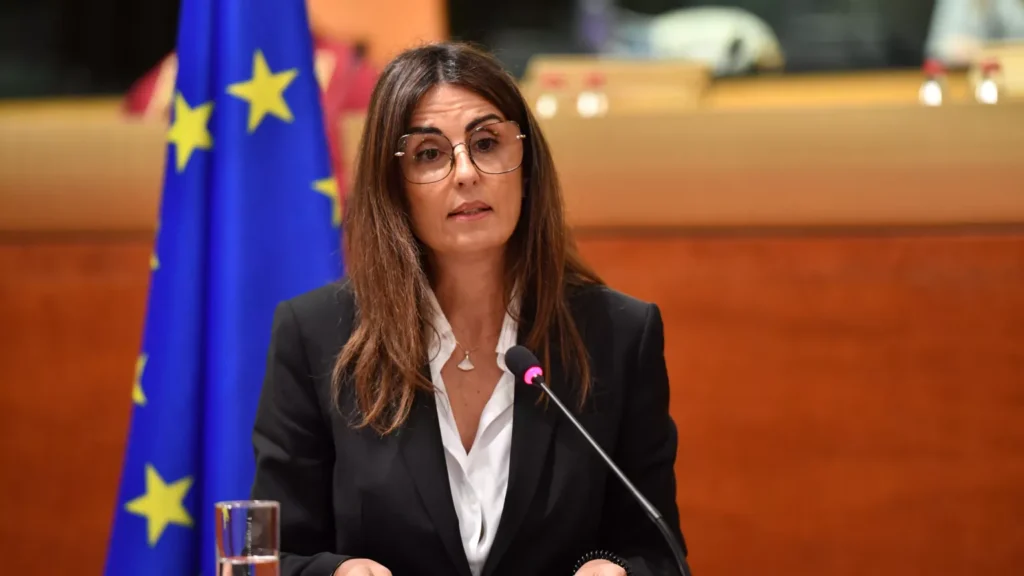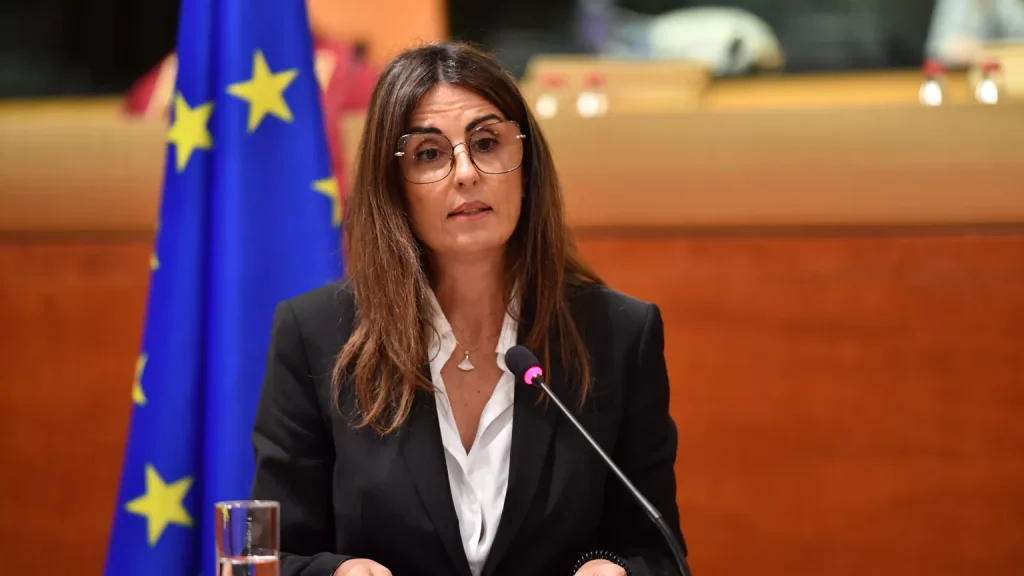Anjinho demands answers on lack of public consultation, impact assessment, and climate review
European Ombudsman Teresa Anjinho has formally asked the European Commission to explain why it bypassed key procedural steps in preparing its Omnibus I proposal to scale back sustainability rules for businesses.
The inquiry highlights concerns over the absence of an impact assessment, climate consistency review, and public consultation—steps required under the EU’s Better Regulation Guidelines and European Climate Law.
The Commission has until 15 September 2025 to respond, with Anjinho stating she will not grant an extension.
What’s happening
In a letter to Commission President Ursula von der Leyen, Anjinho questioned the Commission’s justification of “critical urgency” in advancing the Omnibus I package—a legislative proposal that would ease corporate sustainability reporting and due diligence requirements under the CSRD, CSDDD, and other EU green laws.
“The Commission does not seem to have adequately justified derogating from its rules in this case,” Anjinho wrote.

Key concerns
Impact assessment skipped: The Commission relied on a staff working document instead of a full impact assessment, citing economic urgency. But the Ombudsman noted no sudden or unexpected event was cited to justify this.
No public consultation: Only two stakeholder meetings were held in February 2025—primarily with business groups. Anjinho said this excludes other affected stakeholders and fails to justify bypassing public input.
No climate consistency review: Despite EU Climate Law requiring one, no climate assessment was conducted or published. Anjinho noted that the Commission offered no analysis supporting its claim that the changes align with the Green Deal.
Rushed internal review: The required 10-day internal consultation between Commission departments was compressed into 24 hours, launched on a Friday night and closed by Saturday evening. Even the fast-track allowance of 48 hours was not observed.
Why it matters
The Omnibus I package would significantly reduce the number of companies subject to the CSRD, ease due diligence under the CSDDD, and limit sustainability data requests from smaller businesses. With more such proposals planned, the Ombudsman’s intervention raises serious transparency and accountability questions.
“EU citizens may question the Commission’s commitment to a transparent, inclusive and evidence-based law-making process,” Anjinho warned.
Read the full letter here

